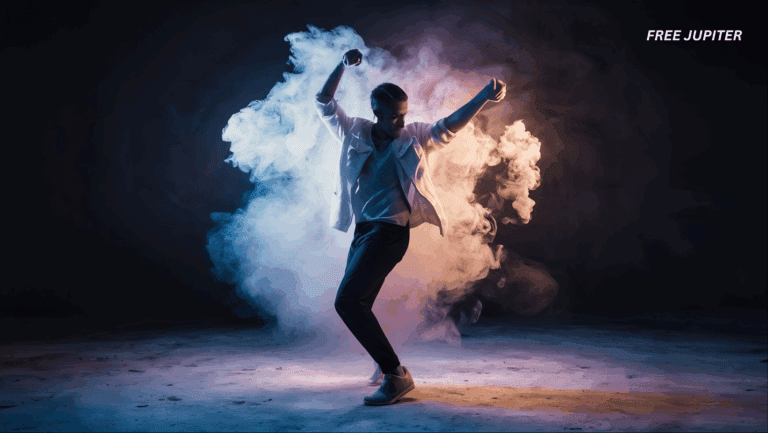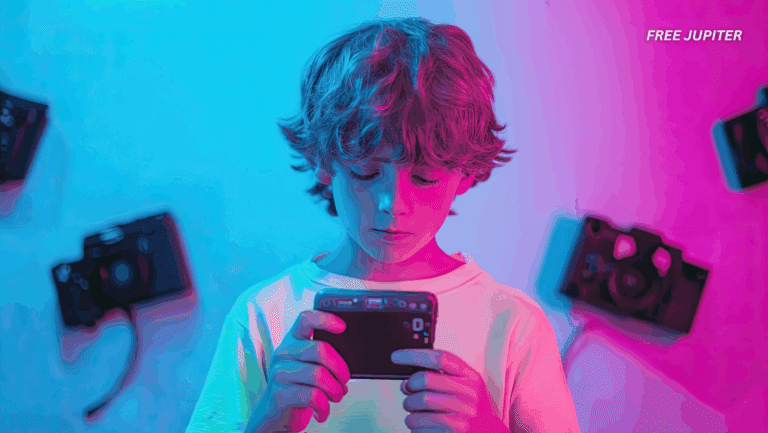There’s something oddly comforting about typing your thoughts into a text box and getting instant answers. Whether you’re asking for dinner ideas, advice on your resume, or the meaning of life, talking to an AI like ChatGPT feels, at times, like whispering into a digital diary. But what happens when the diary talks back—and worse—leaves itself open on the kitchen table for the world to see?
That’s essentially what happened recently, when private ChatGPT conversations—some deeply personal, others morally questionable—accidentally ended up searchable on the internet. Thanks to a poorly designed feature, hundreds (if not thousands) of chats were exposed, offering a strange and sometimes disturbing glimpse into how people are using artificial intelligence when they think no one’s watching.
How It All Leaked
Let’s start at the beginning.
OpenAI, the company behind ChatGPT, introduced a “Share” feature meant to let users send parts of their AI conversations to others—think of it like sharing a quote from a friend in a group chat. But instead of creating private links, the system published those shared chats on public web pages. These pages, in turn, were picked up by search engines like Google and Bing.
This meant that anyone could stumble across them—no password, no warning, just open access. Suddenly, everything from innocent writing prompts to high-stakes legal discussions became part of the public record.
By the time the company realized the issue, search engines had already indexed many of the pages. While OpenAI has since disabled the feature and begun removing the links from search results, many of the leaked chats were preserved by online archives like Archive.org. In short, the toothpaste is out of the tube.
Read more: Artificial Intelligence Can Now Replicate Itself—And It Has Experts Terrified
What the Leaks Revealed: The Good, the Bad, and the Alarming
The leaked conversations varied widely in tone and intent. Some were harmless, like people asking for help writing poems or planning surprise birthday parties. But others? Let’s just say they’d make an ethics professor break out in hives.
Exploiting the Vulnerable
One particularly shocking example featured someone who claimed to be a lawyer for a multinational energy company. Their plan? To build a dam on land occupied by an Indigenous community in the Amazon. They openly admitted the community had little understanding of land value and asked ChatGPT how to get the cheapest possible deal.
To spell it out: This wasn’t someone asking for help with a tricky negotiation. It was someone trying to exploit a group of people who didn’t even know they were being exploited. It’s the kind of backroom deal you’d expect to come out during a court trial—not through a conversation with a chatbot.
Playing War Games with Democracy
Another conversation came from someone working at what they described as an international think tank. This person used ChatGPT to explore different scenarios in which the U.S. government might collapse, asking for strategic planning advice. While it might sound like something out of a Tom Clancy novel, it was presented as a real inquiry. Preparing for hypothetical crises might be intellectually interesting, but when the plan is drafted by an AI trained on internet text, it raises serious questions about intent, confidentiality, and misuse.
Legal Confusion and Moral Missteps
There was also the case of a lawyer who, after being handed a coworker’s case, asked ChatGPT to write their legal defense strategy—only to realize halfway through the chat that they were supposed to represent the opposing side. It’s a moment that borders on comedy, but it also underscores how dangerously overreliant people have become on AI for critical thinking tasks.
Other chats revealed people discussing everything from tax fraud schemes to ways of bypassing workplace policies. Some users even disclosed sensitive information—full names, legal matters, financial data—as though they were in a secure chat with a trusted advisor. The problem? They weren’t.
Read more: New Artificial Tongue Accurately Mimics Human Taste Perception Using AI And Graphene
When Vulnerable Voices Speak to AI
Perhaps the most heartbreaking part of these leaks is that not everyone was up to no good. Some people were reaching out to ChatGPT for genuine help.
There were victims of domestic abuse working through how to safely leave their abusers. One user, writing in Arabic, asked for help crafting a political critique of the Egyptian government—a dangerous act in a country known for harsh crackdowns on dissent. These were not careless misuses of technology. These were desperate pleas typed into a void, likely with the hope that no one else would ever see them.
For many, ChatGPT has become a form of anonymous refuge. The barrier of a screen allows people to be vulnerable in ways they can’t be in real life. They ask questions they’d never ask a friend, a therapist, or even Google. The chatbot feels private, non-judgmental, and responsive. But that illusion of safety is just that—an illusion.
A Familiar Pattern in a New Form
If this all sounds vaguely familiar, it’s because we’ve seen something like it before. Remember when smart speakers like Alexa and Siri were first introduced? For a while, people were horrified to learn that their voice recordings were being reviewed by human staff to “improve accuracy.” Suddenly, every joke, fight, or late-night conversation captured by a smart device became fair game for analysis.
But unlike those short, voice-based exchanges, AI chat logs are often longer, deeper, and more detailed. People pour their thoughts, plans, and fears into these chats. They vent about relationships, confess business secrets, or brainstorm ideas they don’t want anyone else to know about—not realizing these digital footprints might not be so private after all.
The Blurred Line Between Tool and Confidant
So, what does this all say about us?
For one, it highlights how quickly humans bond with technology, especially when it mimics human communication. Even knowing it’s just code behind the screen, we tend to trust it like we would a person. And when we trust something, we let our guard down.
But ChatGPT is not your therapist. It’s not your priest. It’s not your attorney. It’s a tool—a powerful one, yes—but a tool nonetheless. And tools don’t keep secrets.
A Wake-Up Call for Everyone Using AI
This isn’t just a cautionary tale for tech companies; it’s a wake-up call for all of us.
If you use AI tools, especially for sensitive matters, think twice about what you’re sharing. Assume that everything you type into a chatbot could one day be read by someone else. That might sound paranoid, but in a world where private links accidentally become public, it’s just good sense.
It’s also a call for developers and tech companies to design with safety, consent, and transparency at the forefront. When a platform becomes a sounding board for personal crises and ethical dilemmas, privacy can’t be an afterthought—it needs to be the foundation.
Read more: Google Claims That AI Will Surpass Human Intelligence By 2030, Posing Extinction Risk
Final Thought: Our Digital Confessions Aren’t as Private as We Think
The leaked conversations weren’t just embarrassing or awkward—they were revealing. They showed how people turn to AI for advice, validation, and even help with ethically murky decisions. They also showed how flawed systems can expose our most private moments to the world.
As AI becomes more intertwined with daily life, the stakes will only get higher. Whether we’re building businesses, escaping danger, or just looking for someone—or something—to talk to, the way we use AI says a lot about who we are.
And maybe that’s the real story here: not just what we typed into ChatGPT, but why we felt so comfortable doing it in the first place.










